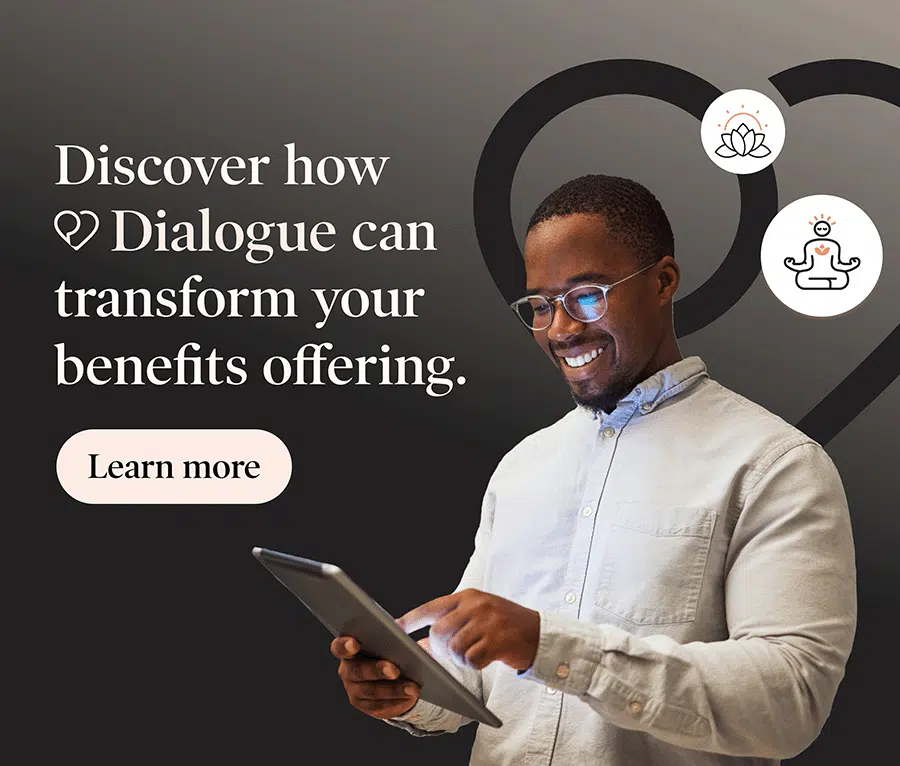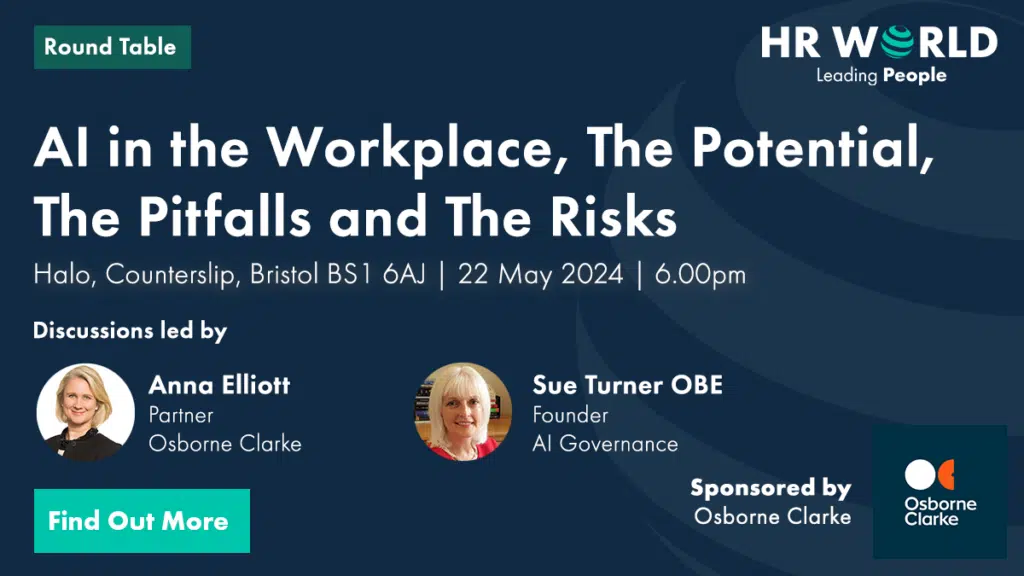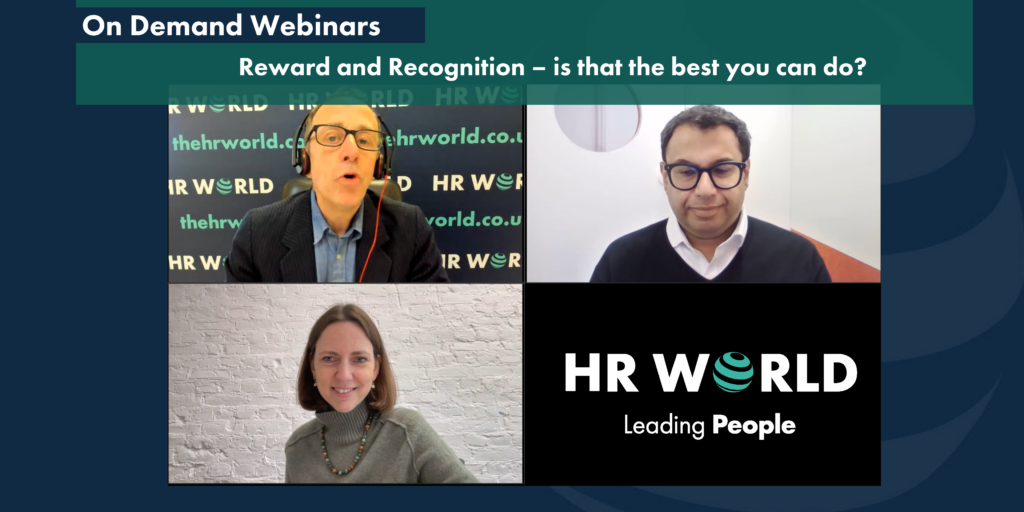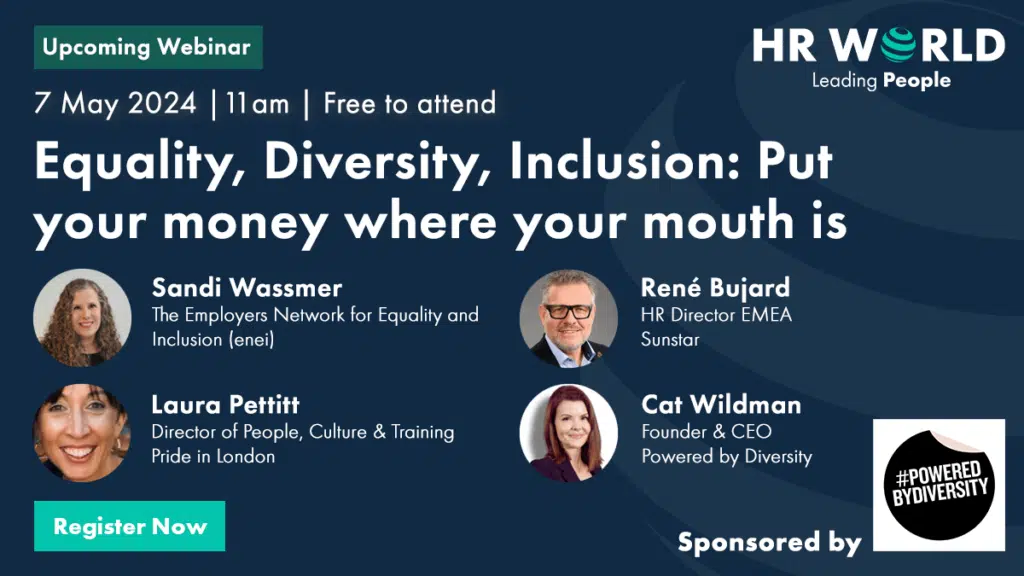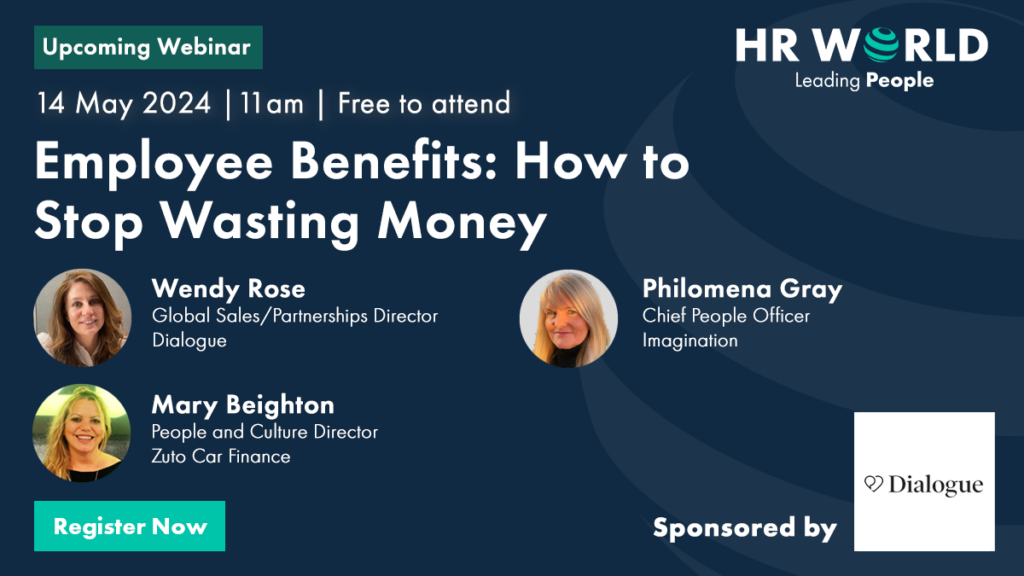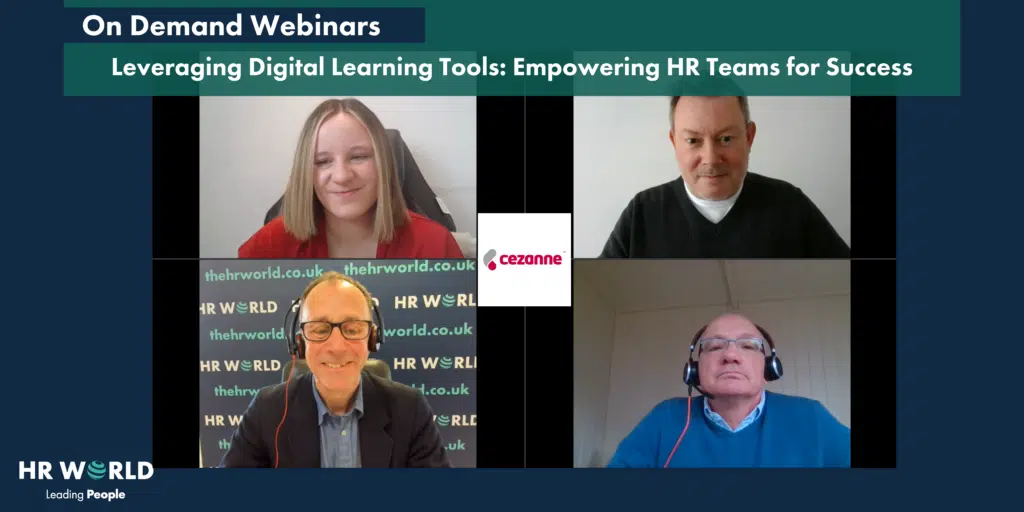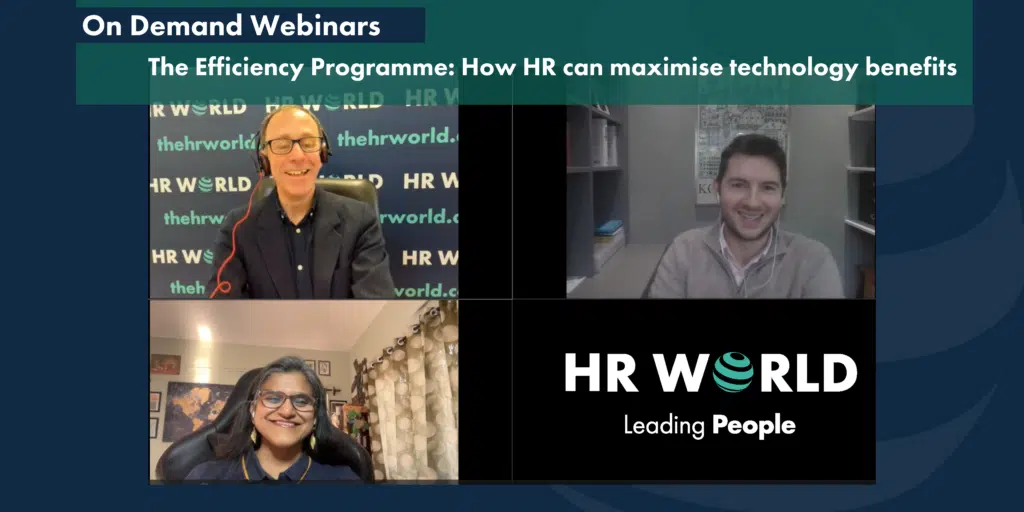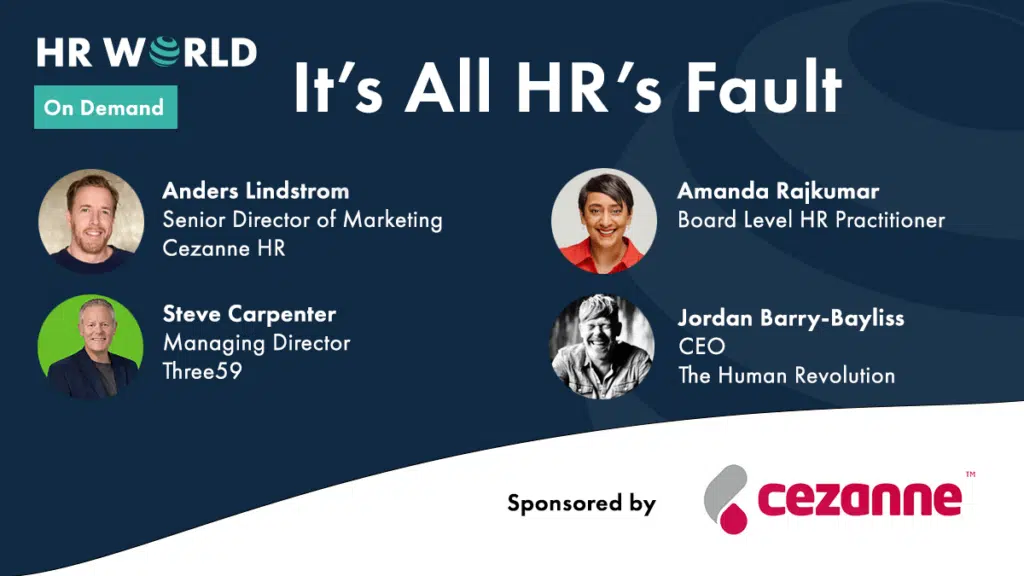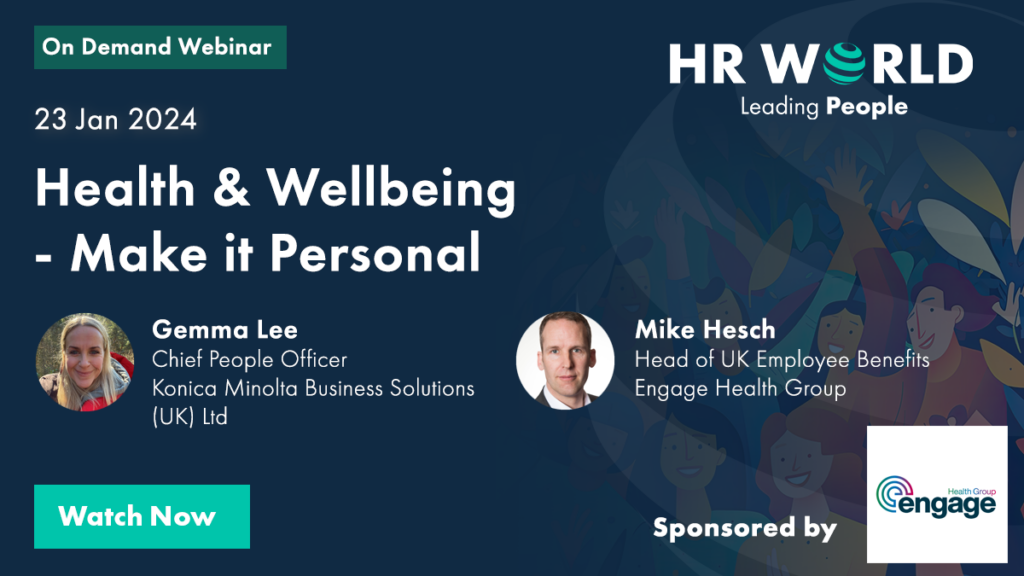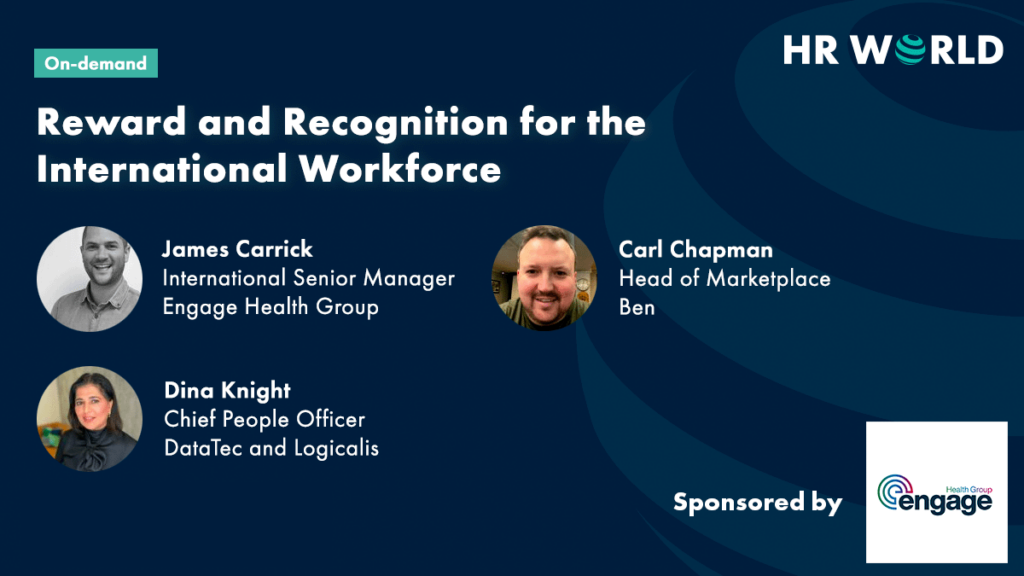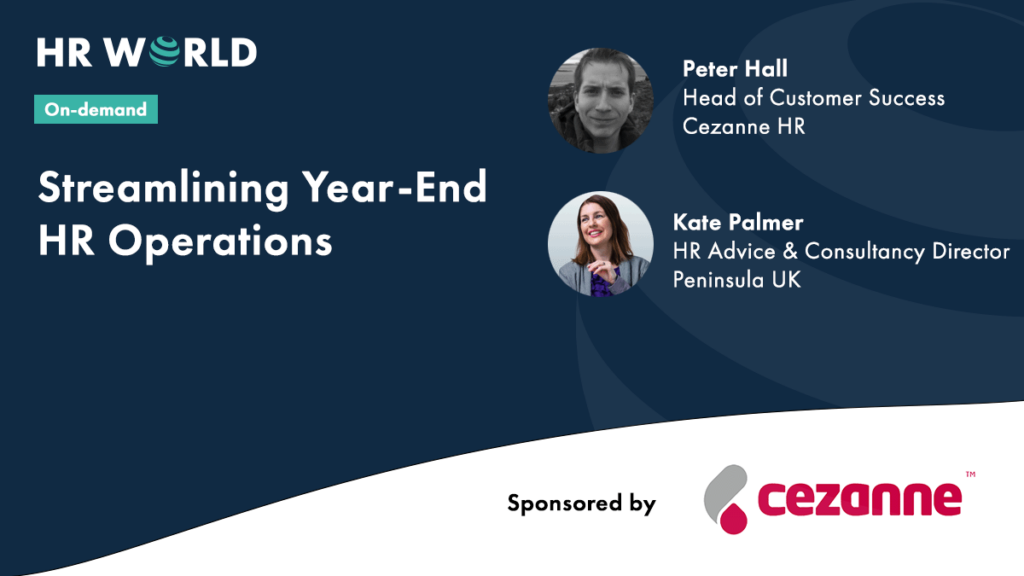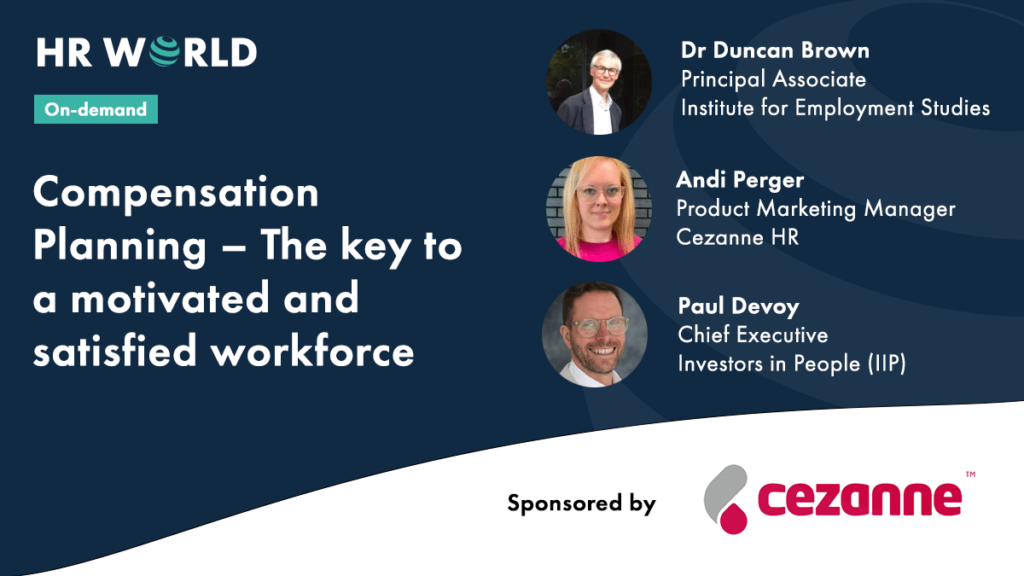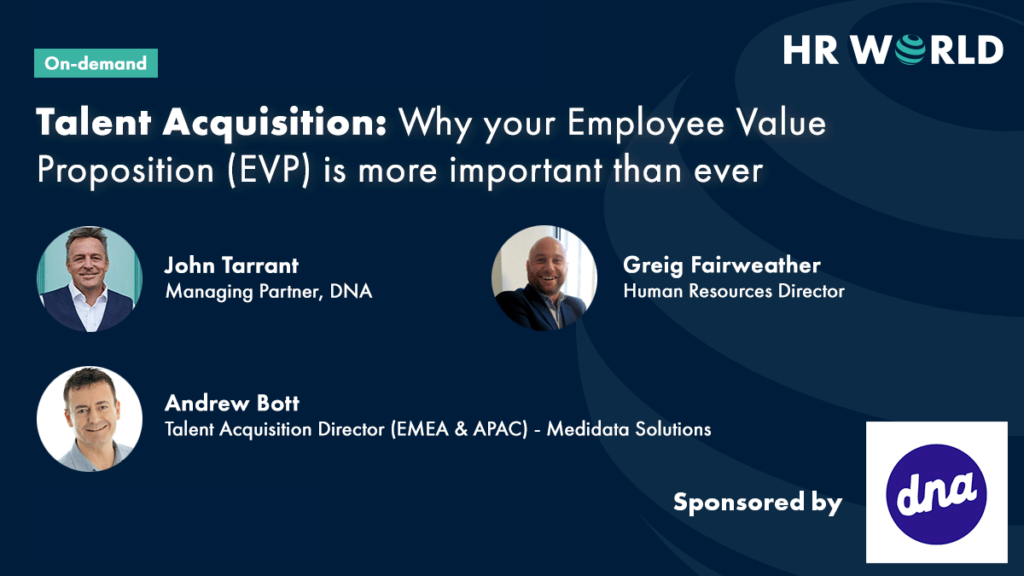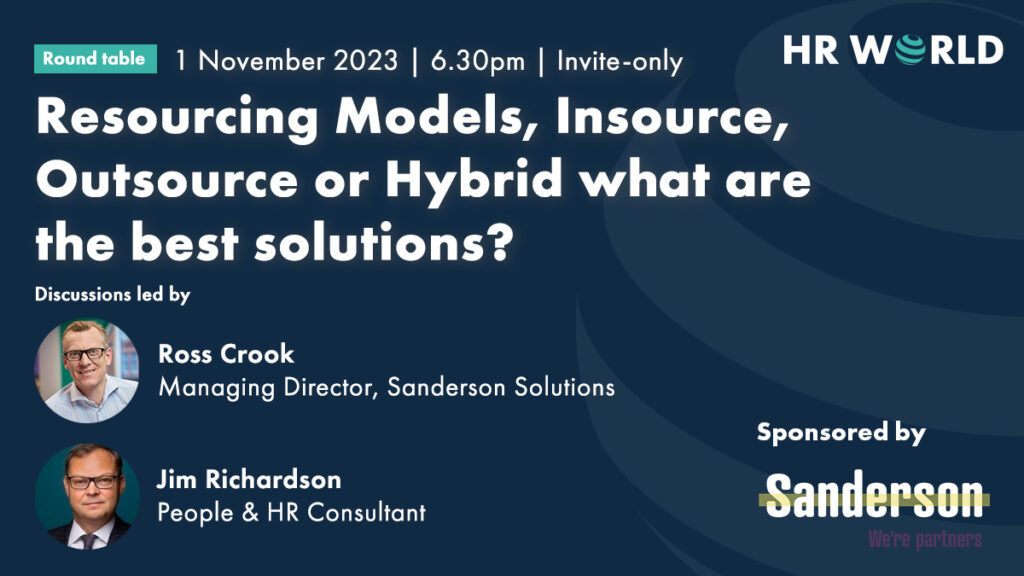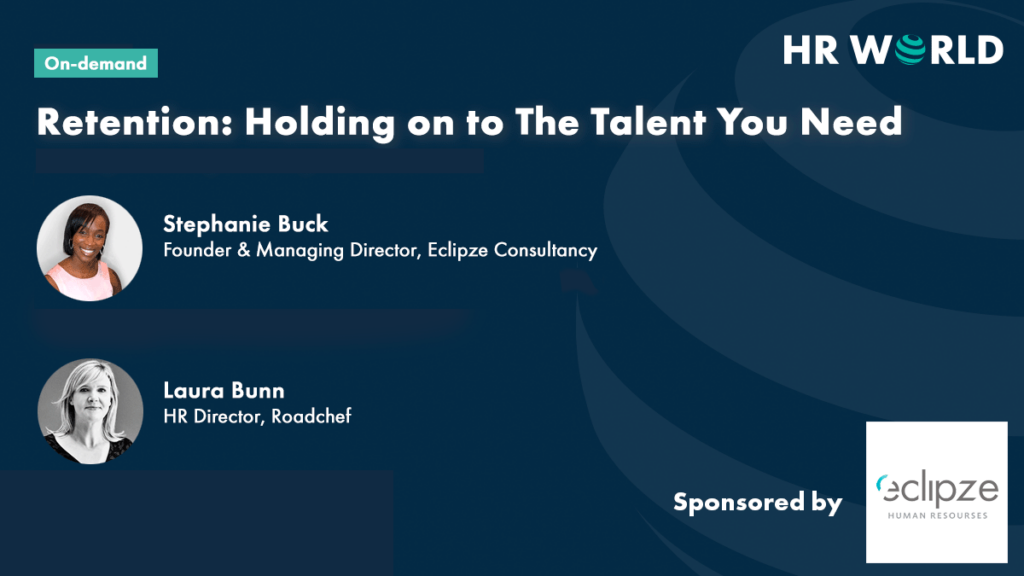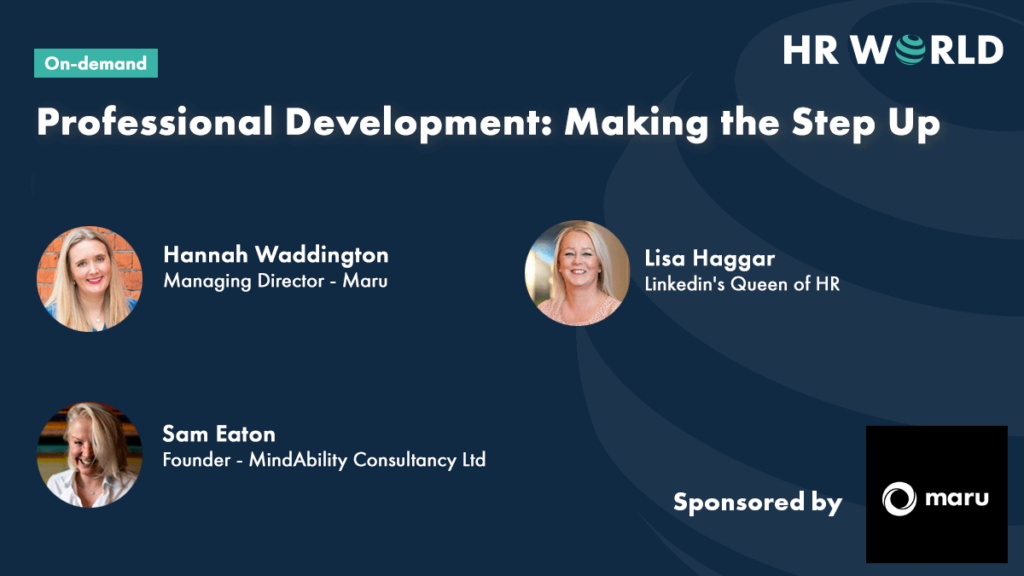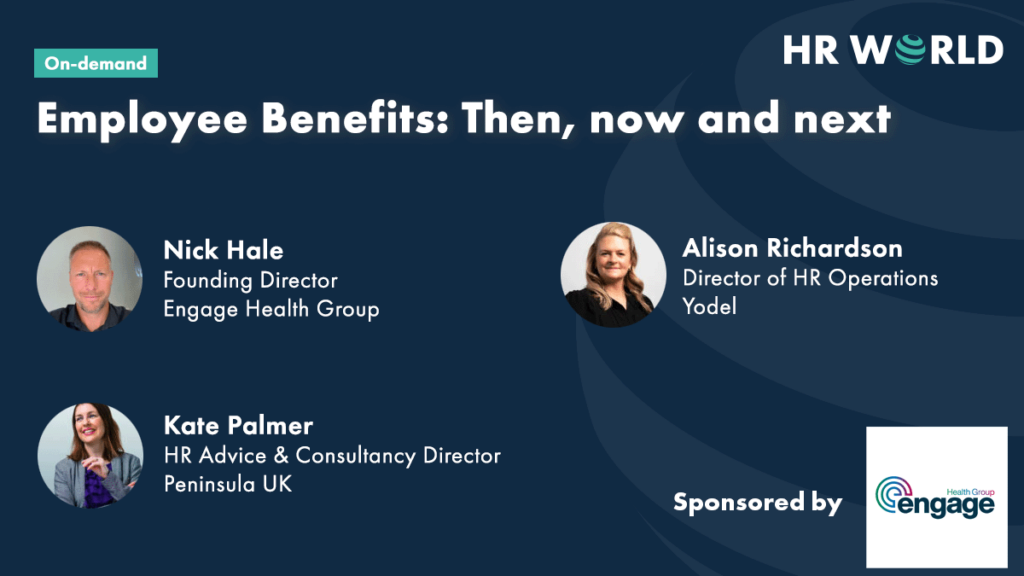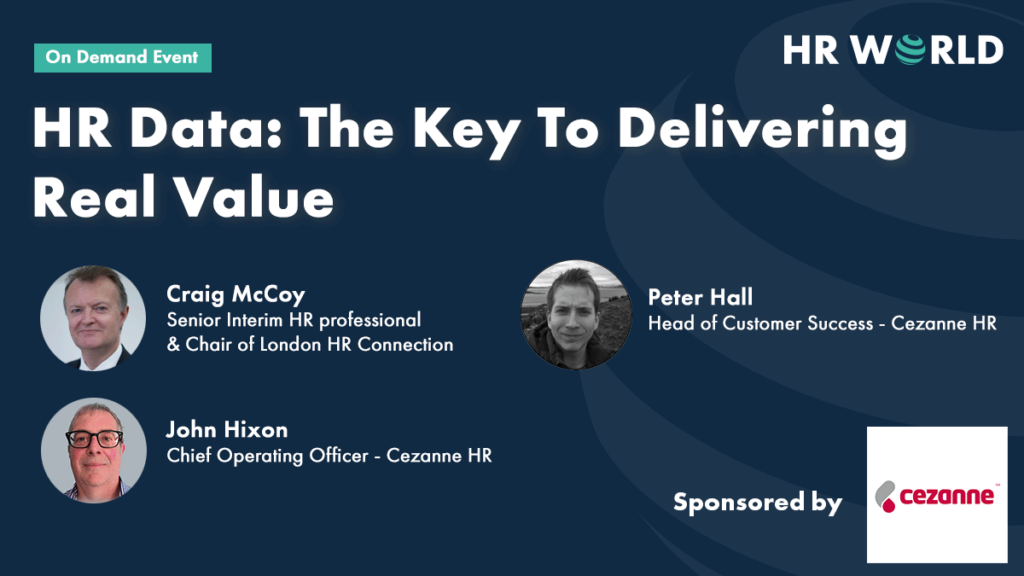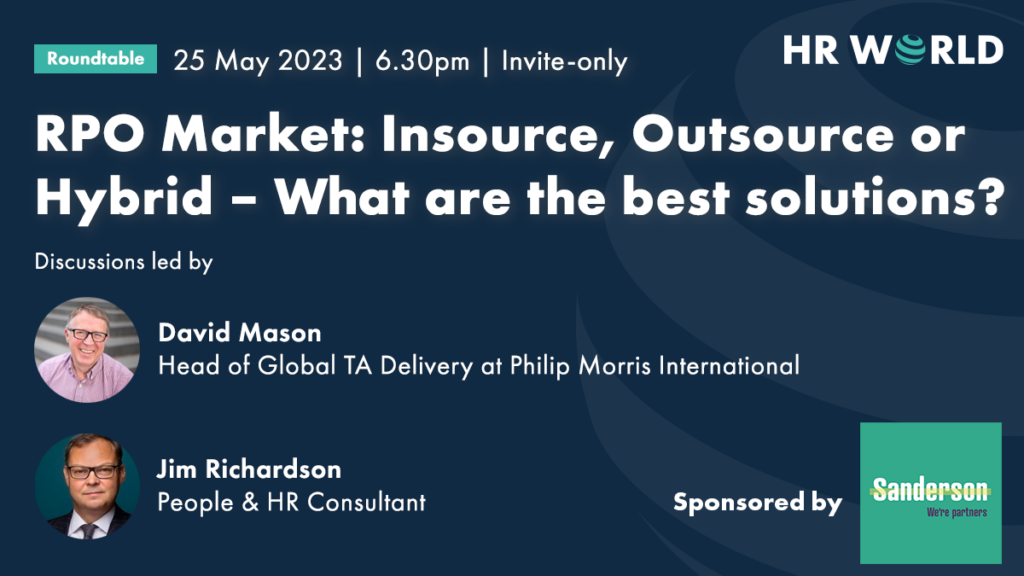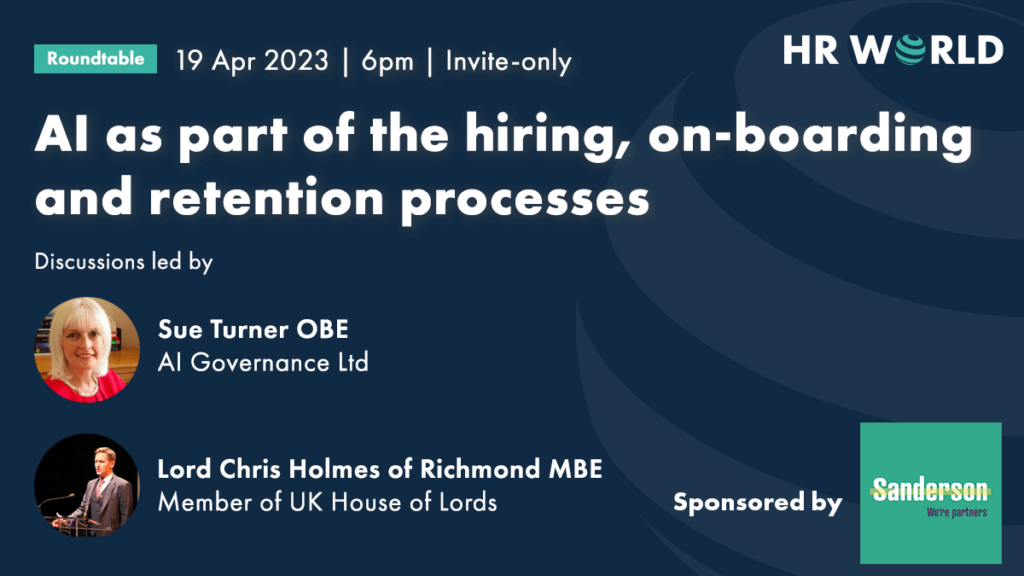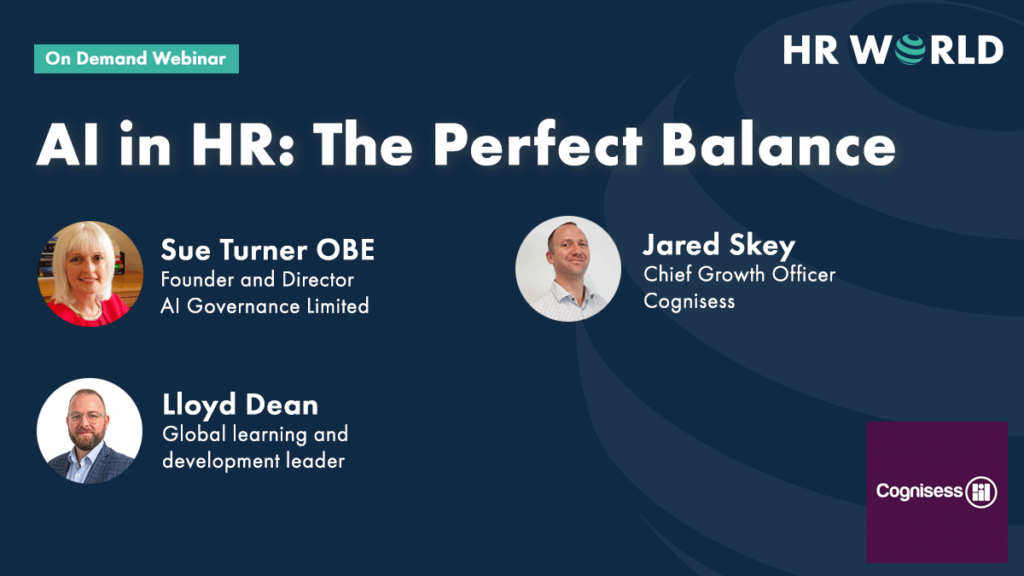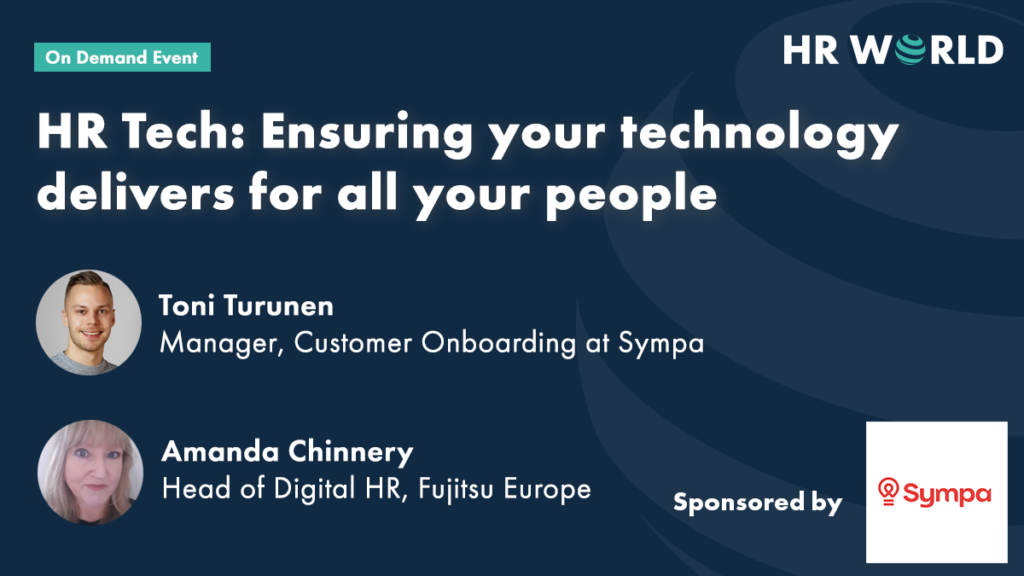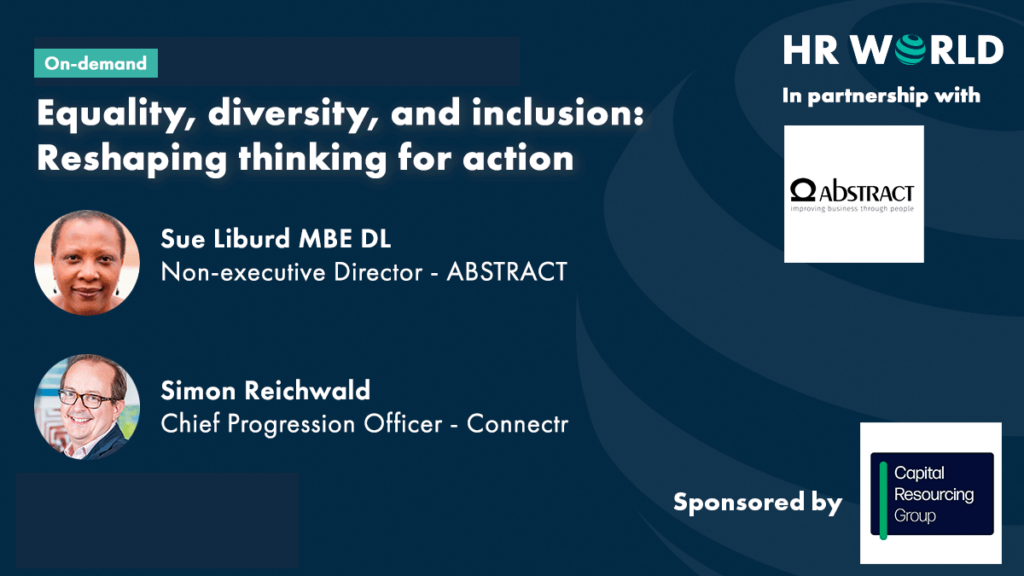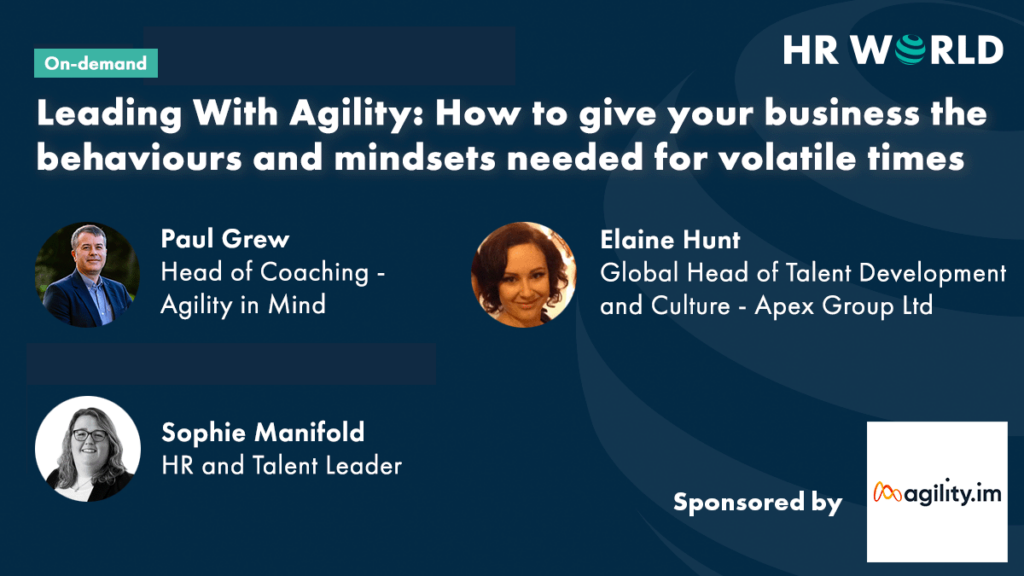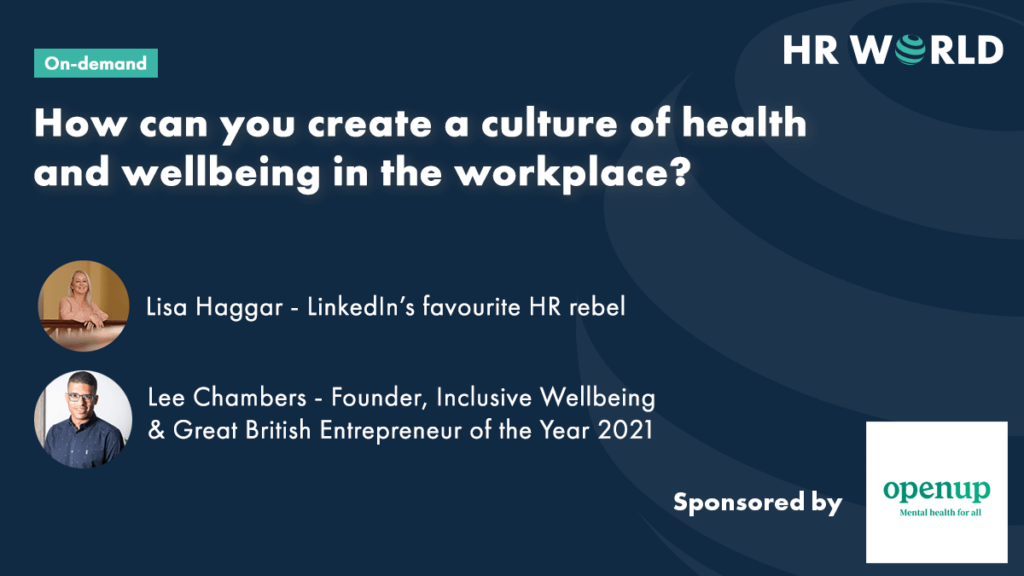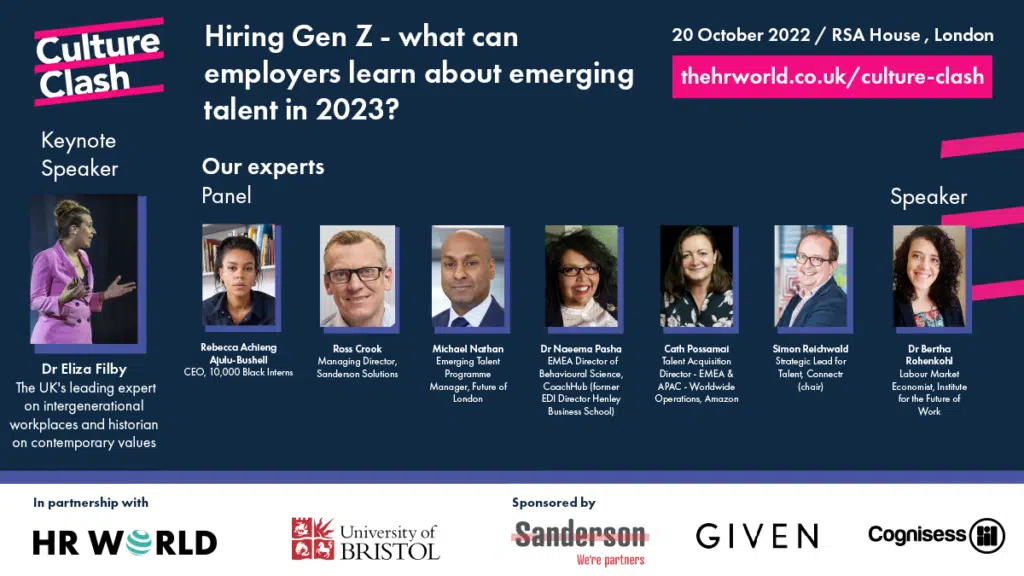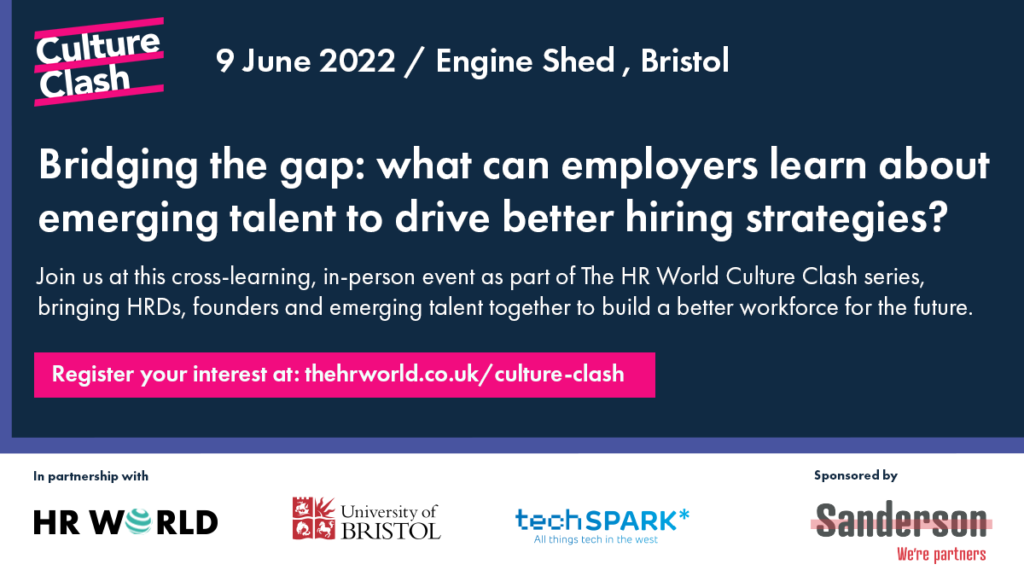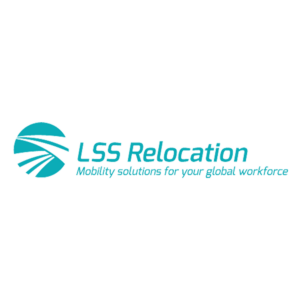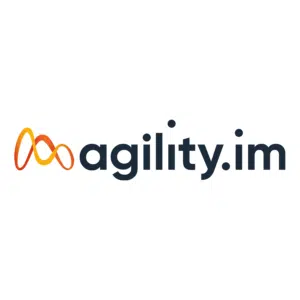Home » Knowledge Hub » Learning and Development » Personalised Learning – empowering the workforce
Personalised Learning – empowering the workforce
01 November 2023 Learning and Development

Story by
Arancha Torres Gonzales Head of Human Resources for Central and Southern Europe for Capgemini Group

Arancha Torres Gonzales, Head of Human Resources for Central and Southern Europe for Capgemini Group discusses empowering the workforce with personalised learning.
What are your career goals? Is it your aim to be the one sitting in the CEO’s seat? Are you striving to be a renowned expert in your field, internationally recognised for pushing the boundaries of knowledge and innovation? Or maybe you’re looking to switch industries and flex your skills at something new?
We all have different goals, dreams, and objectives for our careers – all of which require learning different and varied skills to get there.
Learning & Development has traditionally been seen as a relatively linear endeavor. You do your role, you complete training, you gain experience, and you move up. But in a fast-paced and constantly evolving work landscape where new technologies are having an indelible impact not only on what it means to work, but also the skills that employers are looking for – it’s clear a one-size-fits-all approach to training and development just won’t do.
HR leaders should act as both enablers and guardians of an employee’s learning and development journey. Possessing a unique perspective whereby they have an overview of an organization’s team members as well as its strategic objectives – HR leaders can act not just as facilitators but as champions of this shift towards more personalised learning and skills-based training.
So just how can HR leaders empower this shift? And why is it so important?
Prioritise a view of progression
The labour market has undergone some major fluctuations over the last few years and competition for talent remains tight. Organisations that want to remain competitive as well as retain existing staff must work hard to ensure their people are satisfied. In fact, our previous research found this was a crucial factor in boosting retention, with over 96% of employees who rated their experience as positive, feeling both more engaged at work and stating that they intend to stay at their current company for at least the next 12 months.
Unfortunately, there’s no magic potion to ensure employee happiness. But the solution isn’t witchcraft either. An important ingredient to start with is understanding what employees want. And what we do know is that learning and progression are held in high regard. In fact, more than ever, employees consider career-development opportunities as one of the top reasons to stay at – or leave – their company.
HR leaders’ first point of call should be to educate employees (or prospective talent) about what career development at their company looks like. This can be achieved through programs like job shadowing, rotations, or sharing internal-mobility stories. This will move employees away from looking prescriptively at job titles and encourage them to focus more on the specific skills needed to carry out these roles.
From here, HR leaders can identify the necessary skills required of employees and then work with them to develop a personalized roadmap that will help them on their learning journey.
Future-proofing employees
While a clear understanding of the skills you need to progress in your career is essential for building out organisational-specific Learning & Development frameworks, this cannot be set in stone. What was important one year, may not be the next. HR leaders must be flexible in their approach to employee training, reacting in real-time to the demand for emerging skills – or risk being left behind.
Take for example – the emergence of AI in the last year. Digital skills have, for a long time, been desirable to employers. But the advent of generative AI technologies has taken them from a ‘good-to-have’ to a hot commodity. And with 60% of teachers believing that interacting with AI systems will become a key skill required for jobs in the future – it’s fair to say that digital skills such as AI and data literacy now represent the new ‘oil’ of the labour market. HR Leaders must acknowledge this and work closely with other departments to ensure that Learning & Development strategies align with wider market trends.
The next step? Equipping employees with the skills identified as a necessity to thrive in today’s and tomorrow’s workforce.
All of these decisions should be underpinned by a broader mindset that views Learning & Development less as a tick box exercise but rather as an investment into its people. An activity that will carry them forward in their careers, not just in their current role but beyond too.
Listening and learning go hand-in-hand
It’s true, HR leaders are responsible for curating learning programs that are relevant to the needs of the organisation. But building learning systems without listening to the needs and desires of employees is a one-way ticket to disengaging and unmotivational training sessions: which is a waste of time and resources for all involved.
The trick here is an open dialogue with an organisations’ people. Regular touchpoints and check-ins will allow employees to feedback on existing training programs as well as help to identify new skills that they want to learn and develop.
Technology should be seen as an enabler here – helping to gather personalised feedback that can inform future Learning & Development strategies. Plus, by analysing data on completion rates, knowledge retention, and application of learned skills, HR can make data-driven decisions to continuously refine and improve the learning experience for their people.
Data-driven adaptability
Rolling out training that caters to everyone’s unique needs can be a large undertaking – especially in bigger companies that have a workforce of around 350,000 – like Capgemini for example. And even when broken down into groups, challenges can still persist.
For example, let’s say a group of 20 are to conduct a management training session… While the training may be desired by, useful for, and applicable to all 20 – how they all experience it may vary greatly.
Leaning heavily into the capabilities of technology can help ensure the roll out of personalised learning programs is experienced appropriately by all. Adaptive learning platforms, for example, can leverage data analytics to adjust the difficulty and content of learning modules in real-time based on an individual’s progress. This ensures each employee is challenged at their appropriate skill level, leading to more efficient and engaging learning experiences.
All employees regardless of ability or location should be able to access learning opportunities. Housing existing training courses on one easy-to-access platform ensures autonomy – allowing employees the freedom to pick the training they want and complete it in a manner that suits them – whether that’s by reading, watching a video, or completing a short audible task.
Learning & Development is fundamental to professional growth. When employees feel that their growth and development are personalised and aligned with their goals, they are more likely to be motivated, satisfied, and loyal to their organisation.
It’s important that continuous learning is embedded into an organisations’ culture and daily life. HR leaders have a pivotal role to play in this – championing and enabling the shift toward personalised learning and skills-based training.

